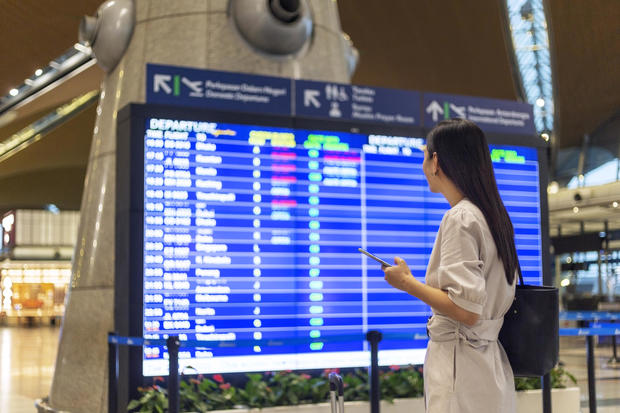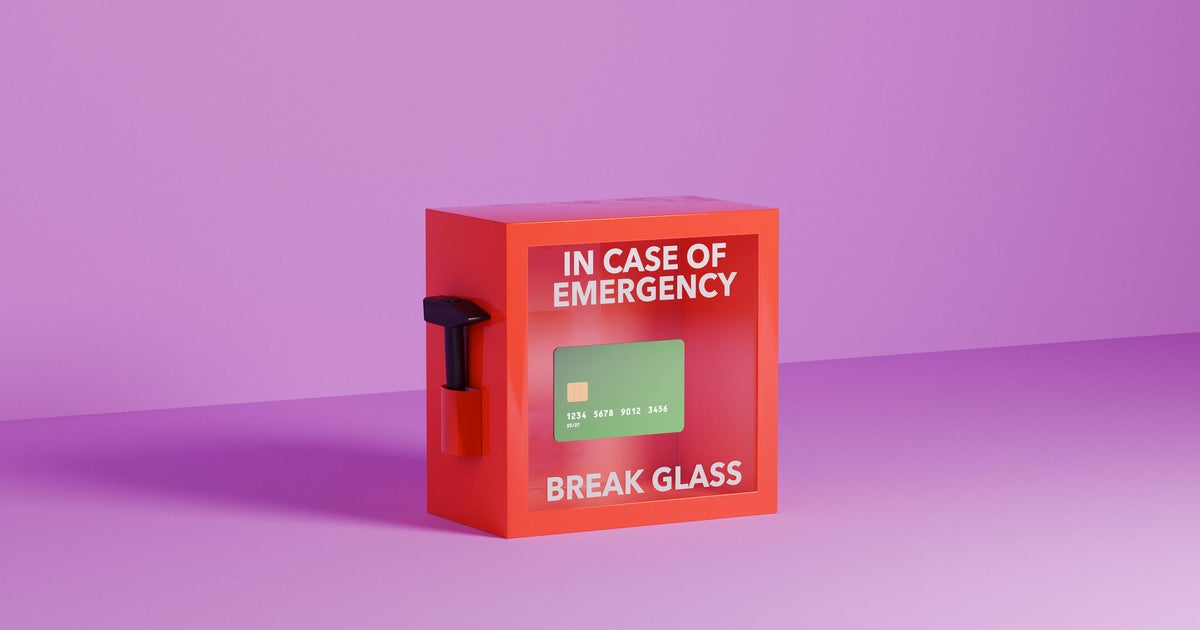What does travel insurance cover?
When you're preparing for a big trip, you'll want to make sure you have all of your ducks in a row: passports ready, flights and hotels booked, itinerary mapped out - plus, any necessary backup plans. After all, whenever you're investing time and money into something, it's worth having a fallback in case things don't go as planned.
That's when travel insurance can help. Travel insurance can give you peace of mind and protect your wallet in the event of an emergency, unforeseen event or situation. And the options are vast.
Most travel insurance policies are comprehensive and include an array of benefits for travelers. However, you can also choose a plan that's specific to your needs. If you're interested in buying travel insurance, there are several online marketplaces available, so you can view multiple plans at once. Simply fill in your traveler and trip information to view your current options.
What travel insurance covers
As mentioned above, travel insurance offers financial protection for travelers who may need to cancel their trip, receive medical care during their trip, and to cover other losses (like lost luggage or damaged items) or unexpected events. "Popular benefits on a policy include coverage for trip expenses, medical emergencies, travel delays, and luggage," travel insurance company Squaremouth says.
Here's a breakdown of the different types of benefits and coverage travel insurance can offer:
- Trip Cancellation: This type of insurance allows travelers to potentially request up to 100% reimbursement for their trip if they need to cancel their plans for a long list of covered reasons.
- Medical & Evacuation: This type of benefit can help cover any costs travelers may face if they get sick or injured and require treatment or assistance (like an ambulance, hospital trip, etc.) during their vacation. Some countries even require this type of coverage, so make sure you do your research before booking your trip. "You absolutely need to have medical evacuation insurance," CBS News travel editor Peter Greenberg previously advised. "If you get sick or injured outside of the U.S., it pays for you to be stabilized medically wherever you are, and to get you home to a medical facility and doctor of your choice."
- Delay: This one is pretty straightforward. This will reimburse you for any costs related to travel delays or missed connections (possibly meals, lodging, transportation, etc., depending on the specific plan).
- Luggage: If your luggage is lost, delayed or damaged in some way, then this benefit will allow you to get reimbursed for related purchases in the meantime.
- Accidental Death: In the tragic event that death or a serious accident occurs during a trip, this type of insurance will provide a "lump sum payment," Squaremouth says.
- Pre-Existing Condition: Coverage for pre-existing conditions isn't typically included with your travel insurance unless you specifically purchase a policy that lists this as an option. "A policy with the Pre-Existing Condition benefit can provide medical coverage for a pre-existing condition in the event of an emergency during your trip, just as it would for a new medical condition," SquareMouth says.
If you don't want to be limited to specific reasons listed under Trip Cancellation, then you can upgrade to the Cancel For Any Reason policy (just note this can increase your premium up to 50%, per SquareMouth).
If you determine travel insurance makes sense for you, then try to plan ahead. The earlier, the better in most cases. Get started now!
Trip Cancellation can be purchased up to 24 hours before your trip. But coverage like Cancel For Any Reason or Pre-Existing Conditions typically needs to be locked in within 14 to 21 days after your initial booking date.
How to buy travel insurance
Buying travel insurance is easy. You can purchase it with the click of a button from the comfort of your own home when you use an online marketplace like Squaremouth, where you can compare travel insurance policies from multiple major U.S. providers.
Travel insurance is typically just a small fraction of your total trip cost (an estimated 5-10% of your total costs on average).
Simply follow these steps to get a free quote and purchase a plan today:
- Fill out your trip information (departure and return dates, destination)
- Fill out the traveler information (country and state of residence, citizenship, number of travelers and their ages)
- Fill out the information about the trip cost (whether you want cancellation coverage, trip cost amount, the deposit date and whether you have payments left)
- Click "Search Results" to view different travel insurance policies you can obtain with your trip
- Evaluate the different travel insurance policies (click "Full Policy Detail") and compare plans
- Buy the plan that fits your needs best and is the most cost-effective




